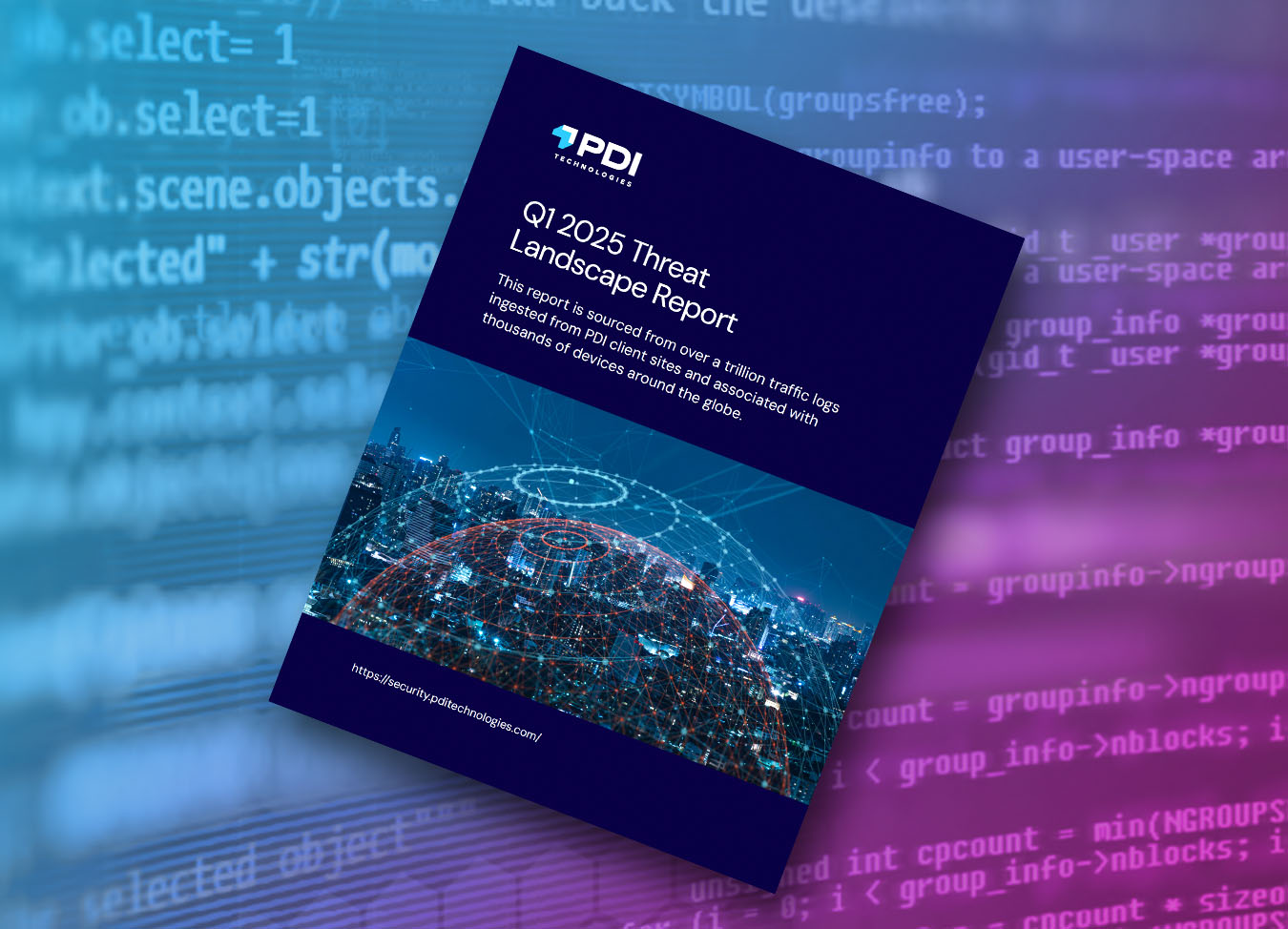Retail Under Siege: Arrests Made in £440M Cyberattacks on M&S, Co-op, Harrods

Retail Under Siege: Arrests Made in £440M Cyberattacks on M&S, Co-op, Harrods
In a significant development for cybersecurity and retail, authorities have arrested four individuals in connection with a series of cyberattacks that targeted major UK retailers Marks & Spencer (M&S), Co-op, and Harrods. The attacks, estimated to have caused damages of around £440 million, highlight the increasing sophistication and potential impact of cybercrime on the retail sector.

Scattered Spider Ransomware Attack Disrupts Marks & Spencer Operations
The Cyberattacks: A Coordinated Assault
The cyberattacks, which occurred in April, were not isolated incidents but rather a coordinated assault on multiple retailers. Marks & Spencer was particularly hard hit, with reports indicating that attackers managed to encrypt some of its VMware ESXi hosts using the DragonForce ransomware variant. This led to significant IT outages and forced the company to suspend contactless payments and online ordering in some regions.
Co-op and Harrods also experienced disruptions, although the full extent of the damage is still being assessed. The attacks exploited social engineering techniques, targeting IT help desks to gain initial access to the retailers' systems. This method, while not technically advanced, proved highly effective in bypassing traditional security measures.
The Arrests and Scattered Spider's Involvement
The four individuals arrested-three men and one woman aged between 17 and 20-are suspected of being part of the Scattered Spider group, a notorious cybercriminal organization known for its sophisticated social engineering tactics and ransomware attacks. Scattered Spider has been linked to several high-profile cyber incidents in recent years, including attacks on MGM and Caesar's Entertainment.
The UK’s National Cyber Security Centre (NCSC) has acknowledged that the attacks against M&S, Harrods, and Co-op may share commonalities in initial access methods, particularly the exploitation of IT help desks through social engineering. This suggests a coordinated campaign orchestrated by a well-organized group.
- Social engineering of IT help desks
- Ransomware deployment (DragonForce variant)
- Encryption of VMware ESXi hosts
Impact and Implications
The cyberattacks have had a significant impact on the affected retailers, both financially and reputationally. Marks & Spencer is estimated to face a £300 million hit to its profits this year as a result of the attack. The disruption to online services and the potential loss of customer data have also raised concerns about the long-term impact on customer trust and loyalty.
These attacks serve as a stark reminder of the importance of robust cybersecurity measures, particularly in the retail sector, which is increasingly reliant on online channels and digital technologies. Retailers need to invest in employee training to prevent social engineering attacks, implement multi-factor authentication, and regularly audit their systems for vulnerabilities.
Key Takeaways
The recent cyberattacks on Marks & Spencer, Co-op, and Harrods highlight the growing threat of cybercrime to the retail industry. The arrests made in connection with these attacks are a positive step, but retailers must remain vigilant and proactive in protecting their systems and data. Key takeaways include:
- Social engineering remains a potent attack vector.
- Ransomware attacks can have devastating financial consequences.
- Collaboration between law enforcement and cybersecurity firms is crucial.
- Proactive security measures are essential for protecting against cyber threats.





